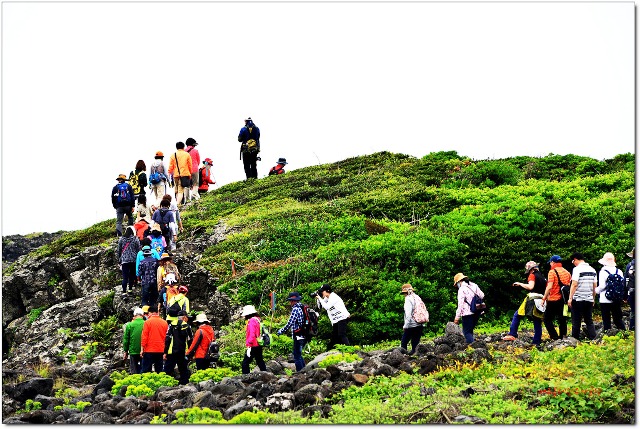|
How does Jeju stack up against the rest of Korea?
| |
 |
|
| ▲ With its walking trails and nature, Jeju must be a pretty healthy place, right? Photo courtesy The Olle Foundation |
For many, Jeju is an island of longevity and health. The island is known for its natural environment and it is a popular place for relaxing the mind and body away from the rigors of city life.
Because of this, the presumption is often that Jeju must be much healthier than other regions in Korea. However, recent research suggests that the reality is actually quite different.
According to the results of a five-year study on health in different regions conducted by the Korean Center for Disease Control and Prevention (KCDC) in 2016, Jeju scored highly in smoking rates, high-risk drinking rates, and obesity rates.
Jeju also ranked very poorly in indexes related to exercise, and also performed poorly in various other health indexes.
Jeju has the seventh highest rate of obesity among 17 cities and provinces nationwide. Obesity, classed as someone with a BMI of above 25, is a warning sign of poor physical health.
In regard to the number of people that walk for 30 minutes or more every day, Jeju was once the lowest in Korea. However, improvements were made and the island ranked sixth nationwide in 2016.
It is interesting that the walking rate is so low as the island has some of the best walking routes in Korea including its Olle Trails, oreums, and coastal paths.
Next, let’s take a look at the high-risk drinking rates found on Jeju. Everyone knows that drinking too much is bad for your health although what constitutes too much is often not quite as clear. The amount that counts as high-risk drinking also differs for men and women.
High-risk drinking for men means anyone who drinks more than seven glasses of alcohol a week. For women, the amount they can drink before being classed as high-risk reduces to anyone who drinks more than five glasses a week.
Using this criterion Jeju ranked seventh in 2015 and first in 2016 for those who drink at high-risk rates.
The smoking rate for Jeju residents continually improved from 26.0% in 2012 to 21.2% in 2015. However, it increased again to 26.6% in 2016. This was higher than any other province in Korea.
Many people are naturally concerned about these poor scores on health indexes. Because of this, some proactive measures to improve the health index of Jeju people need to be taken.
Just in time? Jeju established the ‘Jeju Health 2030 Planning’ this year which is a comprehensive health policy plan. It is expected to improve the health levels of people on Jeju. Also, the creation of a healthy environment is necessary. The health index scores of an area or province are closely related to the social and cultural environment as well as the physical resources available.
|
























